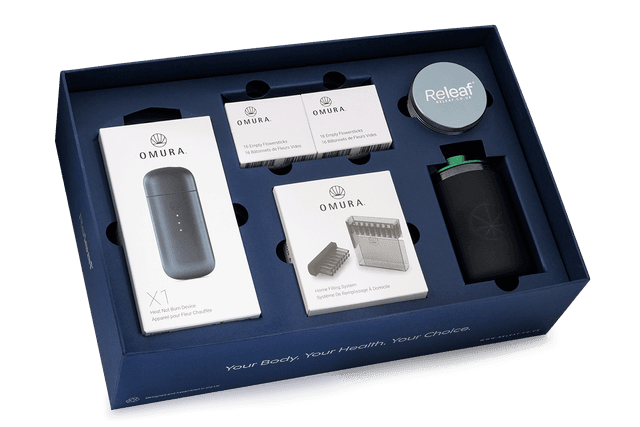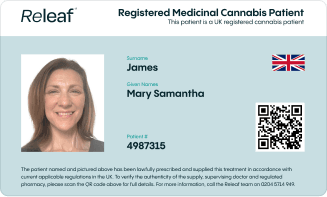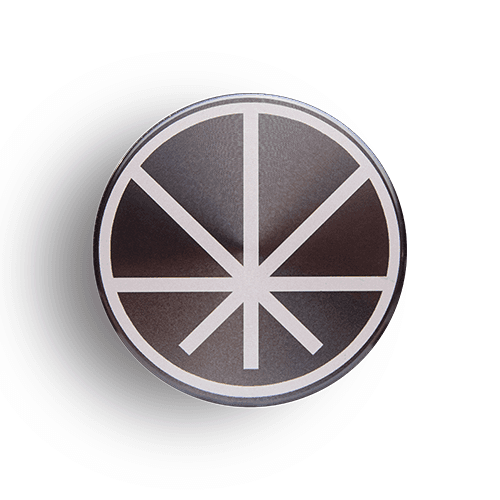Why does medical cannabis sometimes interact with other medications?
Think of medical cannabis as you would any other treatment option.
Before you are prescribed any medication, your doctor will ask you about your medical history. They will take into account any pre-existing conditions you may have, as well as other medication you are currently taking.
This is pretty important, as certain medications have the potential to interact with each other, and in some cases, these interactions can be negative.
But what causes cannabis interactions with other drugs?
It all comes down to how our body metabolises different substances.
When multiple substances are present in the body, they can compete for the same metabolic pathways. This can lead to one substance being metabolised and eliminated faster (or slower) than it normally would, potentially causing unexpected effects.
So, how does medical cannabis potentially interact with medications?
A key factor in the interaction between medical cannabis and other medications is the enzymatic system in our liver. Specifically, the cytochrome P450 (CYP450) enzyme system.
The cannabinoids produced by Cannabis sativa L. plants (THC and CBD) are metabolised by the CYP450 enzymes, as are many other commonly prescribed medications. This means that when taking medical cannabis alongside certain medications, there is a potential for these substances to compete for the same metabolic pathways.
Are cannabis and drug interactions something to be concerned about?
As with any medication, it is important to discuss potential interactions with your doctor before starting a medical cannabis treatment plan.
While there is potential for interactions, the vast majority of patients are able to safely take cannabis-based medicines in conjunction with their other medications without any issues.
What medications interact with medical cannabis?
According to drugs.com, the largest online drug database, there are currently 28 major drug interactions and 369 moderate drug interactions that medical cannabis patients should be aware of.
That's a few too many to list out fully here, but there are a few categories of medications that are worth noting:
- Anticoagulants or blood thinners: CBD has been tentatively shown to increase the effects of some blood thinners, potentially leading to an increased risk of bleeding.
- Antidepressants: THC and CBD both have potential interactions with antidepressants, which could cause unwanted effects or increased side effects.
- Anti-anxiety medications: Similar to antidepressants, medical cannabis can have interactions with antianxiety medications such as benzodiazepines and SSRIs.
- Anticonvulsants: Medical cannabis has shown promise as a treatment for epilepsy, but there is potential for interactions with certain anticonvulsants
- Opioids: Both THC and CBD may interact with opioids, which could lead to increased side effects or decreased effectiveness of the opioid medication.
How Releaf can help
Releaf works with the UK's leading medical cannabis specialists to ensure that our patients receive the most thorough and comprehensive care possible. Our doctors are experienced in prescribing medical cannabis alongside conventional pharmaceutical options and will work with you to create a personalised treatment plan.
You will be asked to provide your medical records before your initial consult with one of the prescribing specialists. We can contact your GP on your behalf, or you can do it yourself.
Our doctors will then review your medical records and discuss any potential interactions with you during the consultation. After the consult is finished, our MDT (Multi-Disciplinary Team) will review your treatment plan and make any necessary adjustments to ensure the safest and most effective treatment.
Once treatment has begun, you will have regular follow-ups every three months to monitor your progress and make any necessary changes.
In addition to working with our prescribing doctors, we also have a highly trained Patient Support Team who are always available to answer any questions or concerns you may have about your medical cannabis treatment.
We also have an extensive education portal and blog just waiting to help you learn more about medical cannabis. Our goal at Releaf is to provide the best possible care to UK patients, and we are here to support you every step of the way.





